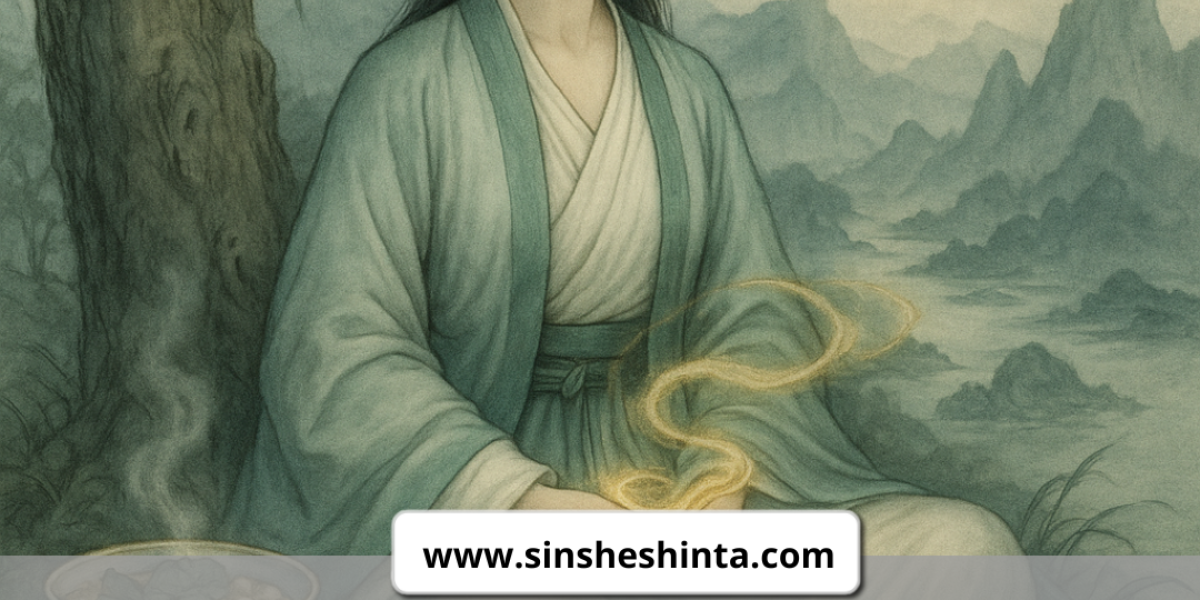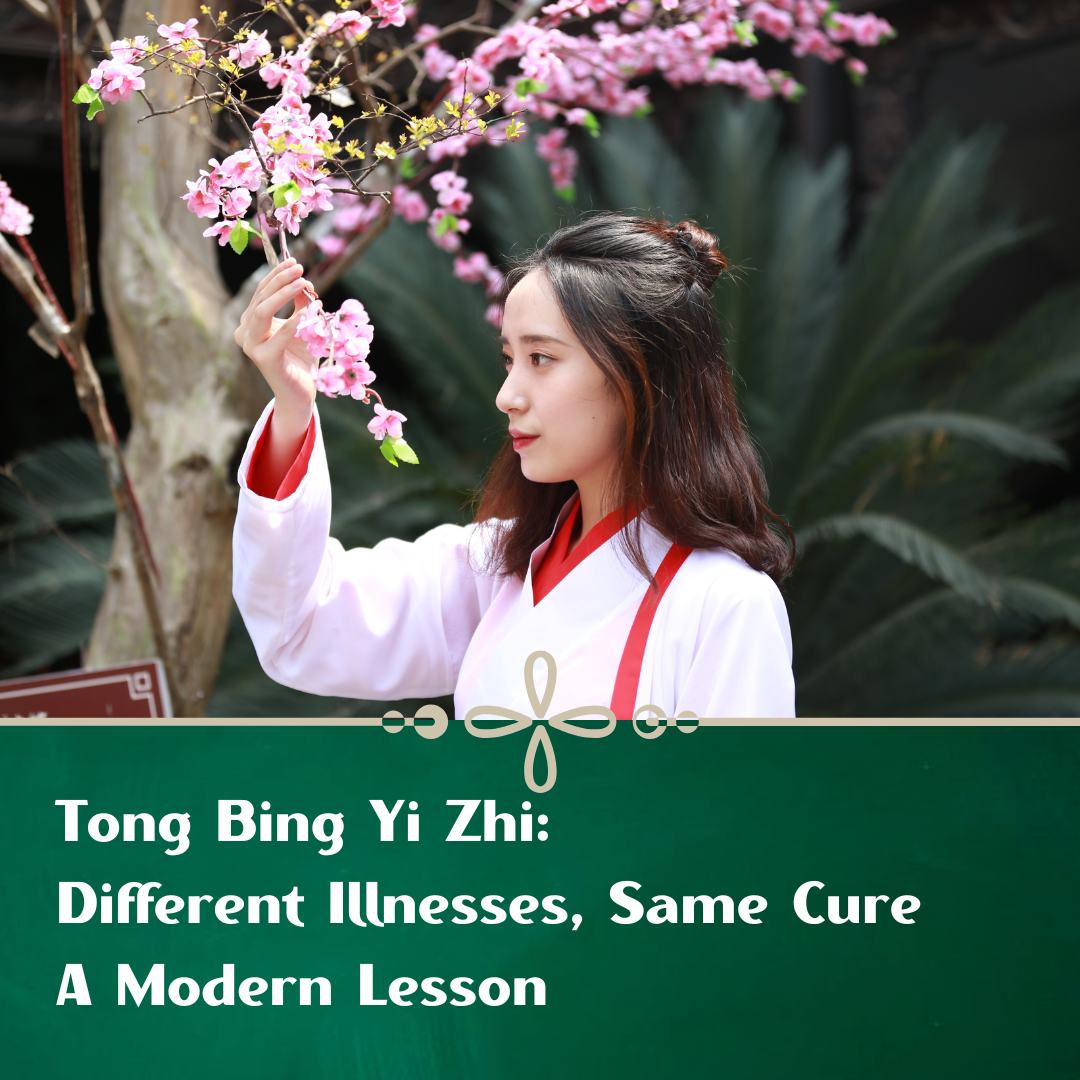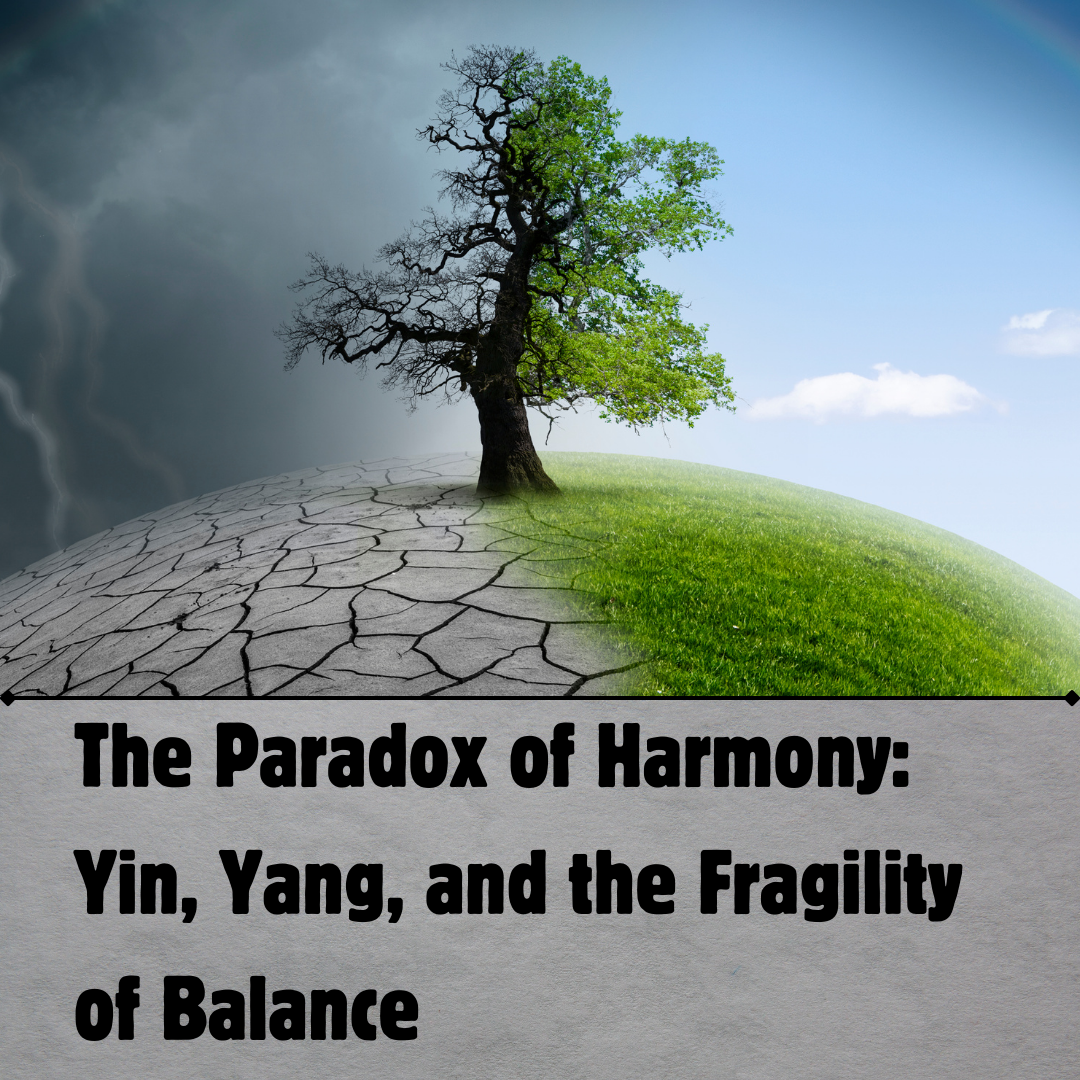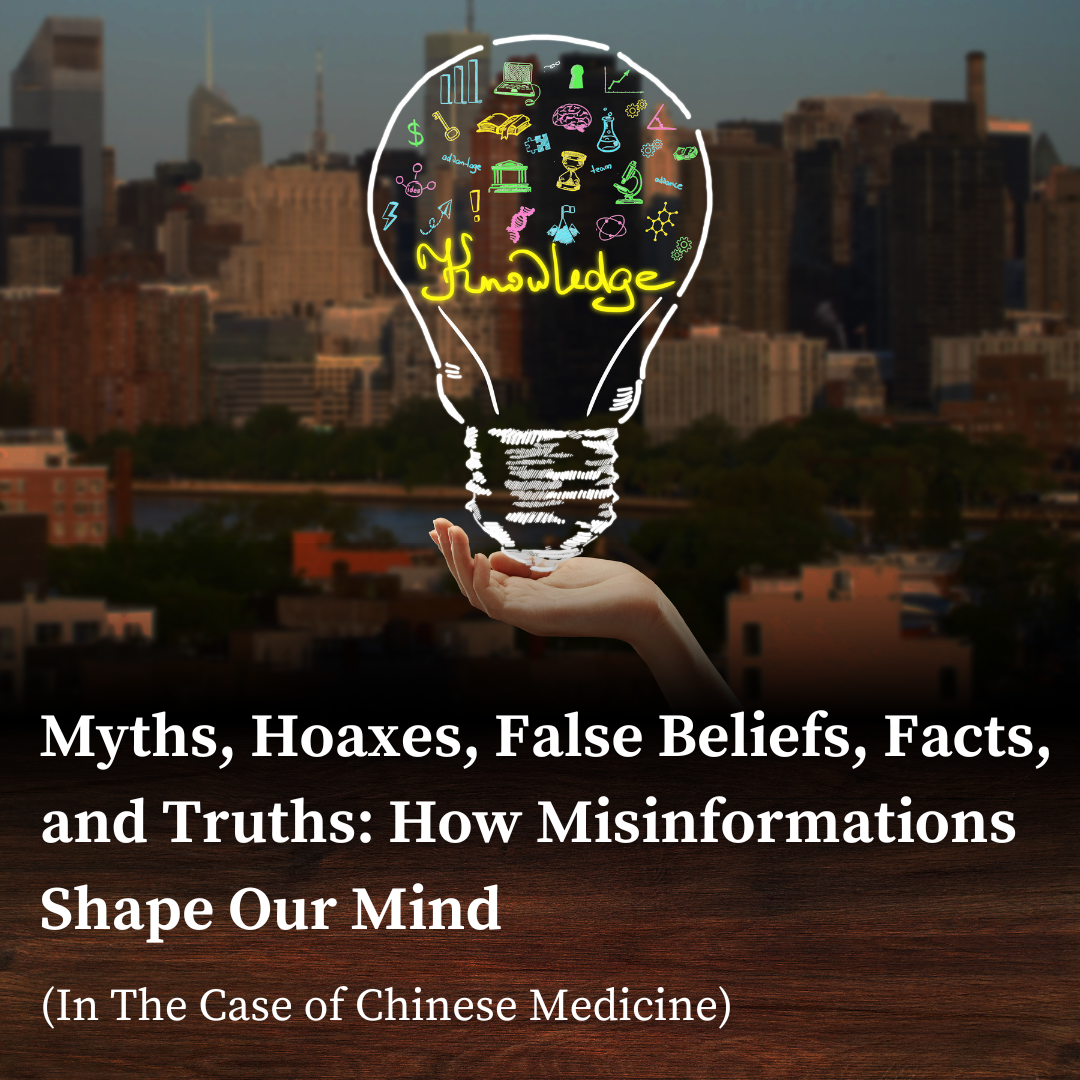In the quiet crescendo of summer’s heat, ancient wisdom whispers secrets of balance—where celestial rhythms dictate bodily harmony, and the art of survival becomes a dance of restraint and nourishment. Xiaoshu (小暑), the solar term of ‘Slight Heat,’ marks not just a shift in weather but a philosophical pivot: How does one harness the zenith of Yang Qi without burning away vitality? Why does the Heart, in Traditional Chinese Medicine, reign as the sovereign of emotions—and what does joy have to do with cooling the body? From the hidden warnings of the Fu period to the delicate alchemy of lotus leaf porridge, uncover a world where climate, cultivation, and consciousness intertwine. This is not merely seasonal advice; it is an intellectual excavation of how time-honored rituals decode the body’s dialogue with the elements. Ready to rethink heat?
──────────
Xiaoshu is the eleventh solar term in the ancient Chinese Twenty-Four Solar Terms system and the fifth period of the summer subcategory. It occurs around July 6–8 in the Gregorian calendar when the sun reaches 105 degrees of ecliptic longitude. Xiaoshu can be considered an unofficial marker of summer’s onset: Xiao (小) means “small,” and Shu (暑) means “heat”—thus, the weather during Xiaoshu is warm but not yet at its peak. While temperatures begin to rise, most regions of China experience moderate heat rather than extreme conditions.
Summer Body Care Practices
During Xiaoshu, the body’s Yang Qi (vital energy) reaches its zenith. Traditional Chinese Medicine (TCM) advises, “Nurture Yang in spring and summer,” emphasizing the importance of balancing activity and rest to preserve this vital energy. Though Xiaoshu itself is not the hottest period—that distinction belongs to Dashu (Great Heat), which follows—it marks the transition into the most intense heat of the year.
At this time, agricultural activity peaks as farmers across China cultivate crops for summer and autumn harvests. However, excessive sweating from the heat can lead to fatigue, making bodily maintenance essential.
“The Heat in the Three Fu” (三伏天)
Xiaoshu also initiates the Fu period (“伏,” meaning “hidden” or “prone”). This tradition encourages minimizing outdoor exposure to avoid overheating. People often counteract the heat by consuming cooling, refreshing foods.
Dietary Recommendations
In hot weather, light summer soups or porridges made with ingredients like lotus leaf (Heye, 荷叶), poria (Fuling, 茯苓), hyacinth bean (Biandou, 扁豆), and barley (Yimi, 薏米) are ideal for Xiaoshu. Fruits also help prevent heatstroke, though moderation is key—overconsumption may burden the stomach and, in severe cases, cause diarrhea.
Emotional and Physical Well-Being
Summer’s oppressive heat often leads to irritability, restlessness, and physical exhaustion. Proper self-care and exercise should align with TCM principles: calming the mind and stabilizing excessive Yang energy.
As stated in The Spiritual Pivot: The Beginning of All Diseases:
“Irregular emotions and anger harm the internal organs.”
TCM holds that emotional states are intrinsically linked to organ health, with different imbalances causing distinct ailments. Thus, the cornerstone of TCM health preservation is balance—avoiding extremes of joy, sorrow, or frustration, which may lead to mental fatigue, poor concentration, or even psychological disturbances.
The Heart holds a dominant role among the organs, governing the functions of the entire body. Emotionally, joy (in moderation) is the Heart’s virtue, as it eases tension, promotes relaxation, and improves circulation. Therefore, summer health practices should prioritize tranquility, which naturally cools the body and mind.







